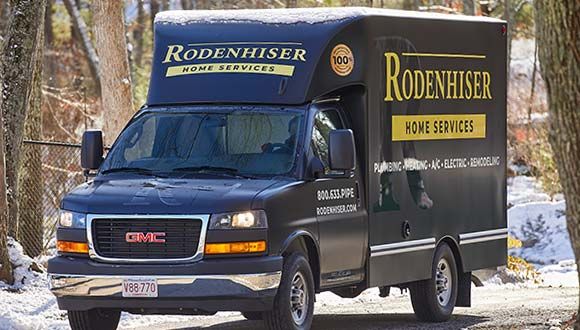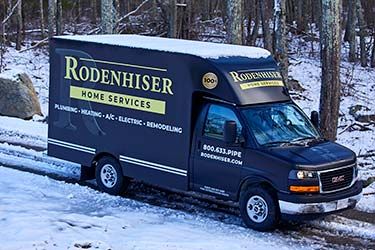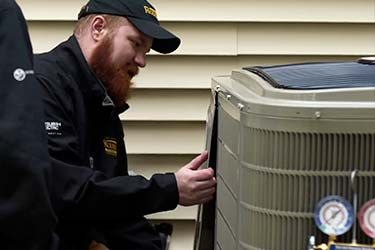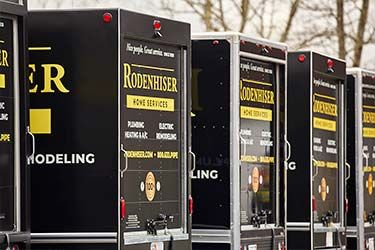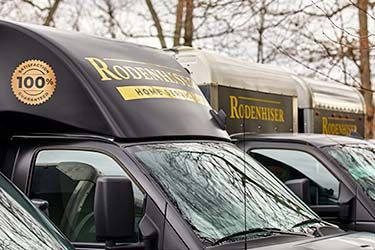
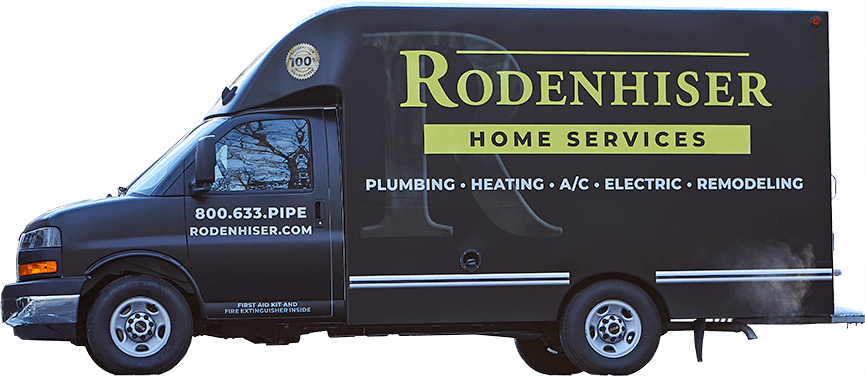
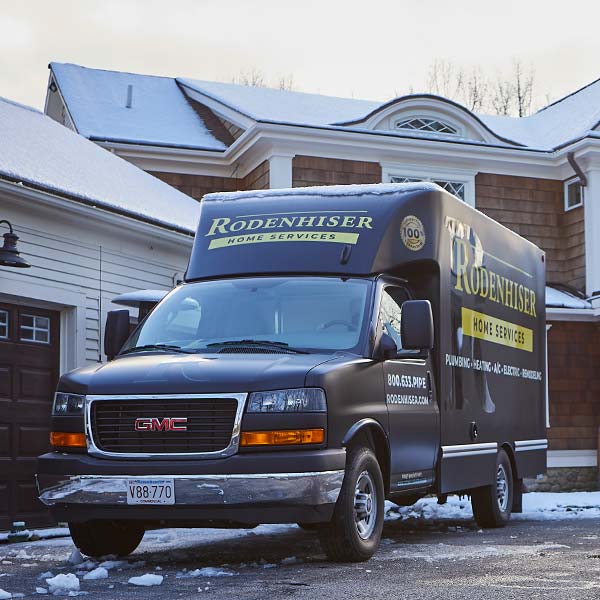

When the cost of filling up your car makes you wince in pain, it's natural to think about how you might save money on energy. You can't control gas prices, but you can make plans to set aside your tax return for a heat pump, a highly efficient heating and cooling system. You should see the payback in the form of lower energy bills in no time.
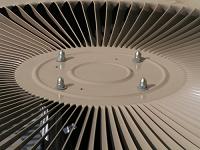
An air-source heat pump is generally a commonly used system throughout Massachusetts. Here's how it operates:
The heat pump draws warmth from the air outside to provide heat -- in addition to hot water if you choose -- to a home. It literally “pumps” heat, rather than converting it from a fuel as in combustion heating systems. In the summer, it reverses the process and provides cooling. In fact, heat pumps tend to function better as humidifiers than standard central air conditioners, often resulting in lower energy use and greater indoor comfort.
Heat pumps run on electricity but do so efficiently -- providing up to four times the amount of energy as they consume. When you are powerless against higher gasoline prices, doing what you can to reduce your reliance on energy presents an appealing option. Plus, heat pumps are low in terms of maintenance, and they generally last up to 20 years.
Heat pumps are relatively simple to install--good news when it comes to adding up labor costs. Still, air-source heat pumps are not well-suited to every home. If you're considering one, ensure that:
Let the experts at Rodenhiser Plumbing, Heating & Air Conditioning size up your home to see if a heat pump is the right fit for you. Call us today about this exciting technology, and we'll join you in your quest to curb your energy bills tomorrow. We serve the Route 495/128 area of Massachusetts.
Our goal is to help educate our customers about energy and home comfort issues (specific to HVAC systems). For more information about heat pumps and other HVAC topics, download our free Home Comfort Solutions Guide.
Heat pump image via Shutterstock





Both Alex and Patrick were knowledgeable, courteous, and professional. They made a change that might have solved the recent problem and have structured a more complete solution. We agreed to this...
Mike was thorough, thoughtful and considerate. Covered their shoes before entering, surveyed my issue and provided an explanation of the services and costs. Great Job!
Alex did a great job providing an explanation of the services provided and went out of his way to offer assistance/advice on other issues outside of our scheduled maintenance visit.
Brian did an excellent job inspecting our 18-year old boiler and replacing some of the accessory hardware that needed it, he also adjusted the outgoing hot water settings for our radiators and...
Rodenhiser is my one stop shop!!! They take care of my HVAC, electrical, and plumbing issues & are always helpful addressing any questions I may have about the systems in my house! Everyone...
Chris G. and Nick V. showed up bright and early at 8am to fix my water heater issue. They were on time, polite and were able to fix an issue that has been plaguing my house for a good year. They...
When you are looking for plumbing, electrical, heating or air conditioning in the Route 495 / 128 area, you will be delighted that you called Massachusetts' trusted choice since 1928.
With a total dedication to professional workmanship and excellent service, discover why families and businesses continue to trust Rodenhiser after generations of service
